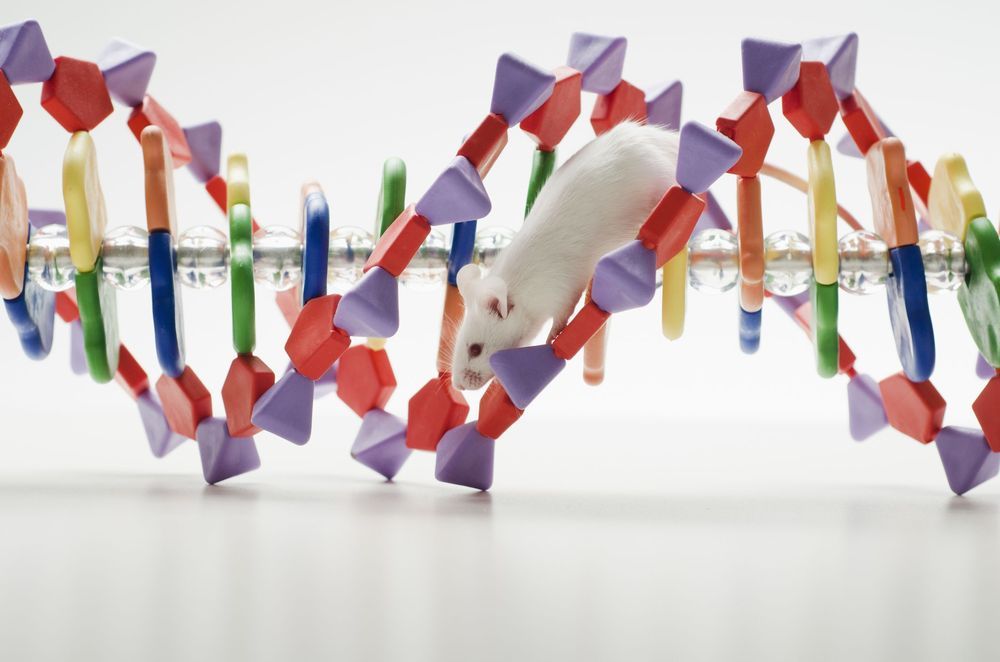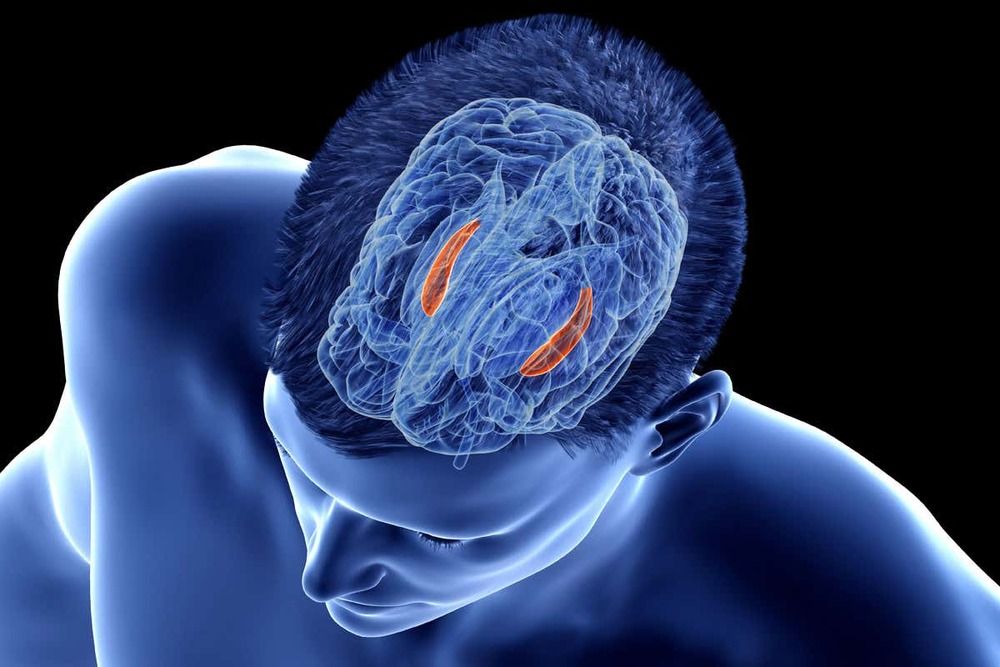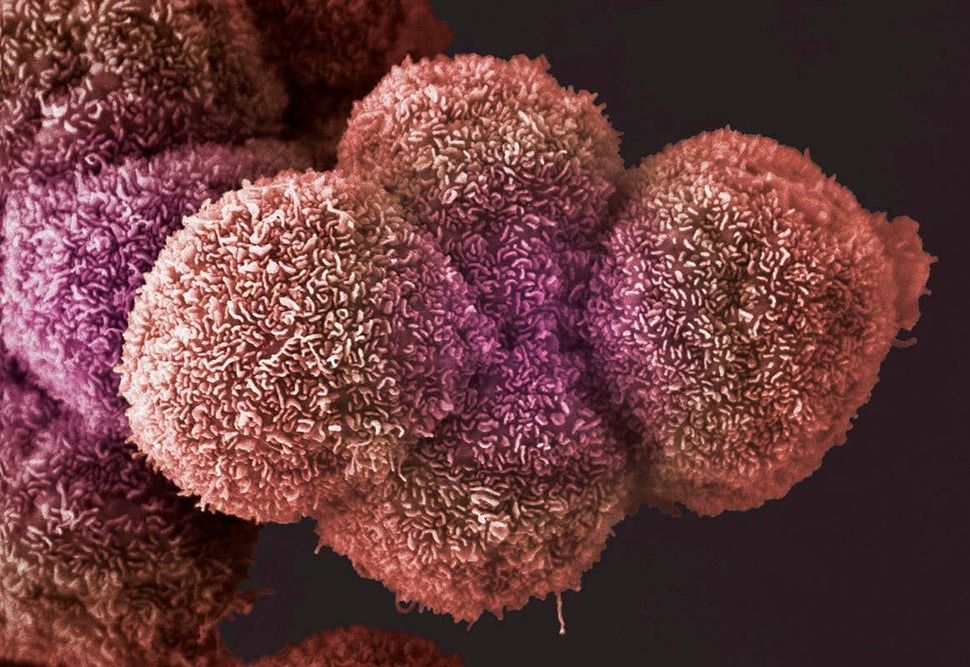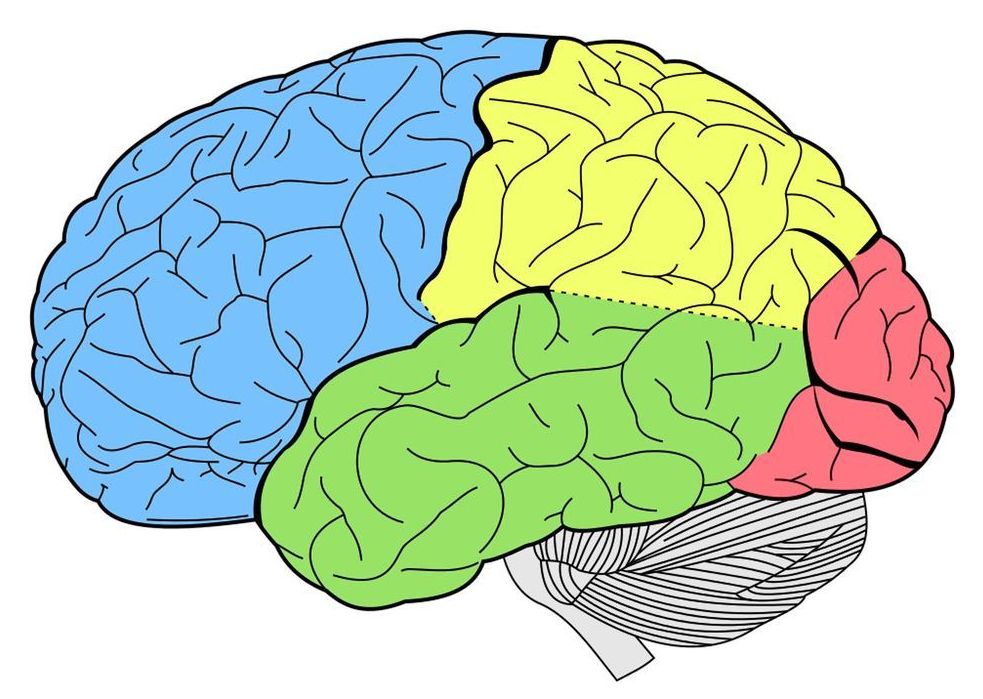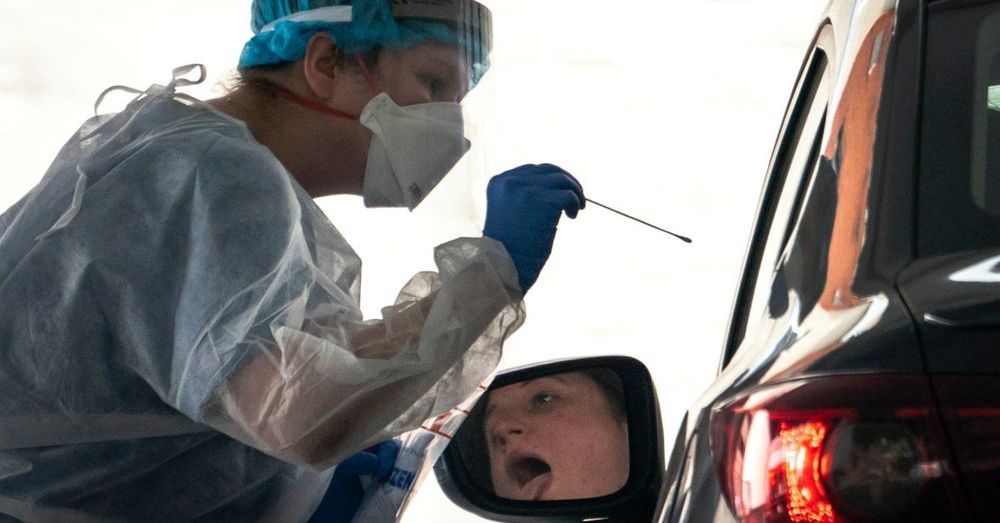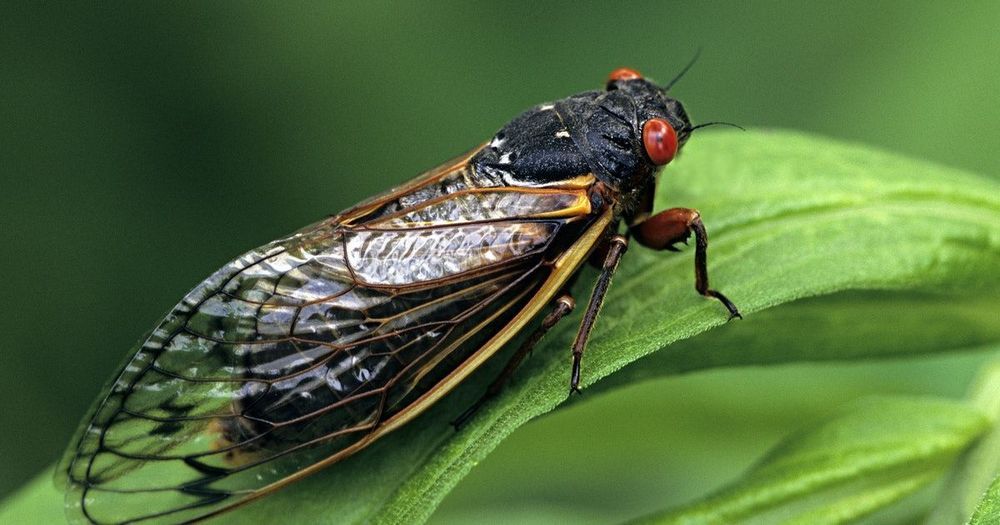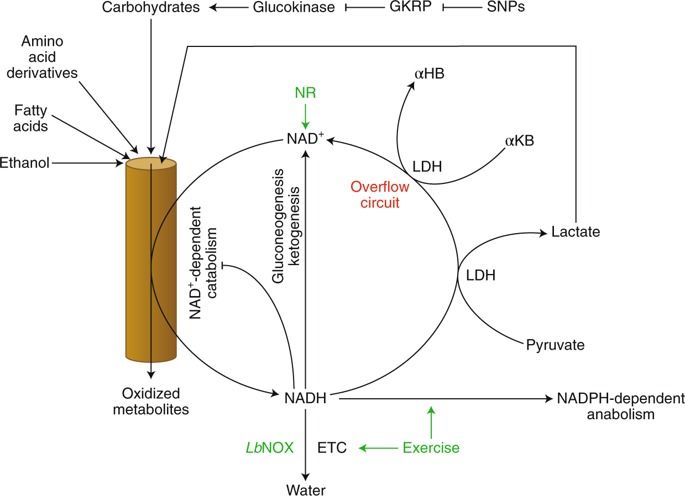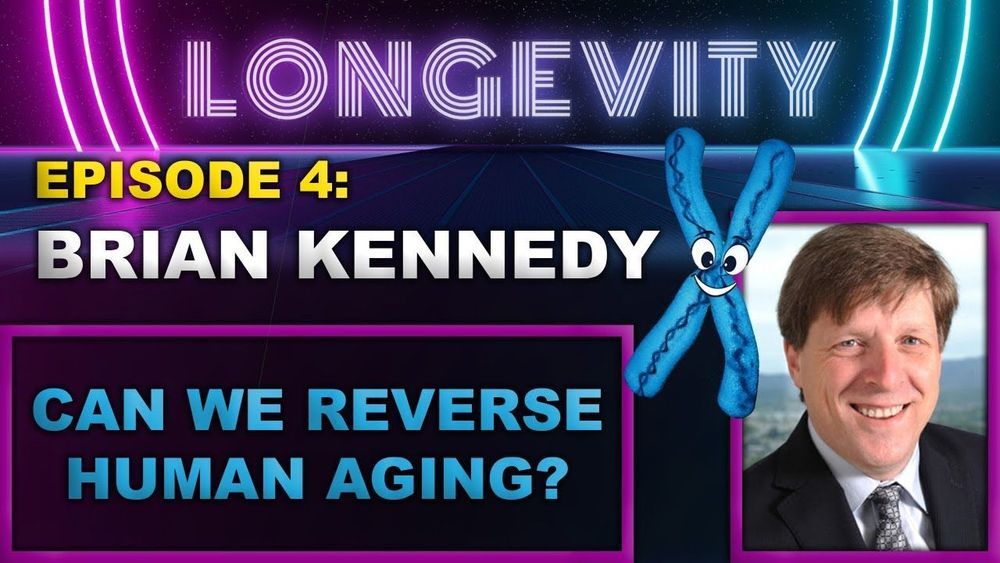May 29, 2020
COVID-19 Mouse CRISPR Engineered to Recapitulate Human COVID-19
Posted by Quinn Sena in categories: biotech/medical, neuroscience
In addition, the mice developed interstitial pneumonia, which affects the tissue and space around the air sacs of the lungs, causing the infiltration of inflammatory cells, the thickening of the structure that separates air sacs, and blood vessel damage. Compared with young mice, older mice showed more severe lung damage and increased production of signaling molecules called cytokines. Taken together, these features recapitulate those observed in COVID-19 patients.
When the researchers administered SARS-CoV-2 into the stomach, two of the three mice showed high levels of viral RNA in the trachea and lung. The S protein was also present in lung tissue, which showed signs of inflammation. According to the authors, these findings are consistent with the observation that patients with COVID-19 sometimes experience gastrointestinal symptoms such as diarrhea, abdominal pain, and vomiting. But 10 times the dose of SARS-CoV-2 was required to establish infection through the stomach than through the nose.
Future studies using this mouse model may shed light on how SARS-CoV-2 invades the brain and how the virus survives the gastrointestinal environment and invades the respiratory tract. “The hACE2 mice described in our manuscript provide a small animal model for understanding unexpected clinical manifestations of SARS-CoV-2 infection in humans,” concluded co-senior study author Chang-Fa Fan of NIFDC. “This model will also be valuable for testing vaccines and therapeutics to combat SARS-CoV-2.”
